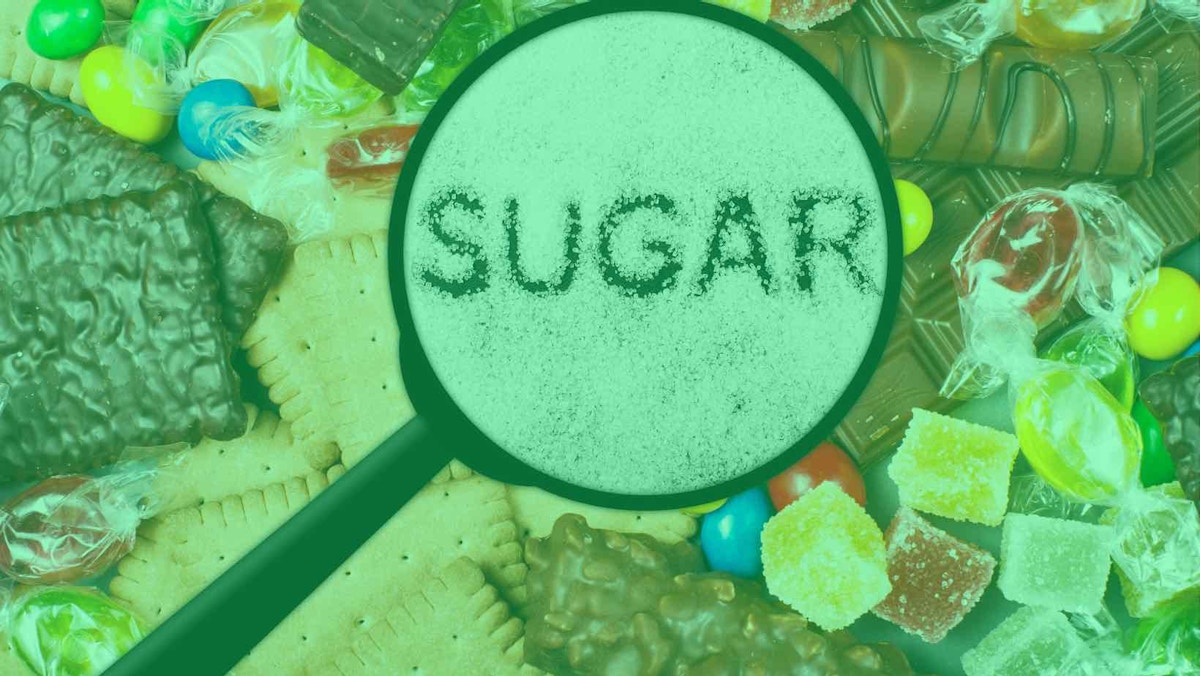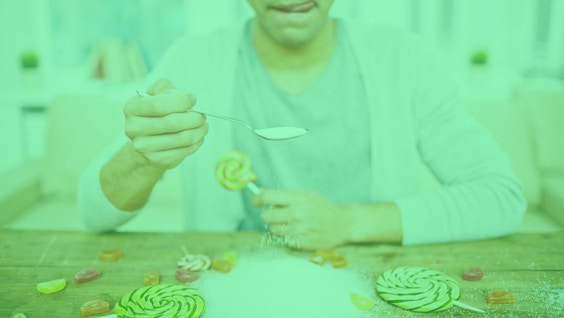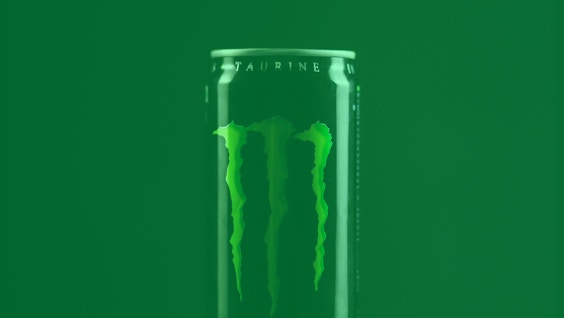I Am Sober is a free app that helps you get some control back in your life.

Why Is Sugar Addicting? The Truth Revealed
Last Updated: Tue, January 23, 2024Sugar addiction is a common condition that affects millions of people worldwide. Some people who have a sugar addiction are not even aware that they have it.
But why is sugar addicting? How do you develop an addiction to sugar?
In this post, we will talk about sugar addiction, why is sugar addicting, and how do people get addicted to sugar.
What Is Sugar Addiction?
Sugar can be found in a variety of foods— from cupcakes to pies and ice cream to cold drinks.
The truth is, sugar’s nearly impossible to avoid. For this very reason, many people get addicted to sugar.
Sugar addiction, often known as emotional or psychological dependence on sugary foods and drinks, is a serious worry among health professionals. When processed meals and refined carbohydrates get metabolized, they produce more sugar in the body.
While sugar is not toxic in moderation, many people overdo it. According to a recent study, 75% of Americans consume too much sugar. Many of them have a sugar addiction.
But why is sugar addicting in the first place? Let’s explore why is sugar addicting in the next section.
Why Is Sugar Addicting?
If you’ve been wondering why is sugar addicting, we got the answer for you.
Sugar makes your body release dopamine. Dopamine is a neurotransmitter that plays a critical role in the "reward circuit" linked to addictive behavior.
When you engage in an action that induces an excessive release of dopamine, you experience a delightful high that you want to repeat.
Your brain also adjusts to release less dopamine as you repeat that behavior more often. As a result, the only way to achieve the same high as before is to increase the volume and frequency of the behavior. When you keep on consuming more sugar to feel that delightful feeling, you can get addicted to it.
How Do People Get Addicted to Sugar?
Sugar consumption can give the body a short-term high and a burst of energy. According to research, cocaine is just as addictive as sugar.
It causes a dopamine release, which many people love. Sugar overindulgence, however, is also associated with long-term health consequences such as obesity and diabetes due to its addictive nature.
Sugar addiction, like other compulsions or behavioral addictions, is especially dangerous for persons who have low moods, anxiety, or extreme stress.
Additionally, fatigued folks often turn to carb-rich, sweet food items for a boost. Sugar also induces a rush of energy by releasing endorphins and mixing them with other substances in the body.
So when a person associates sugar with generating energy, they may become addicted to it (usually inadvertently). Sugar cravings might also develop as a result of irritation, emotional lows, and other circumstances. When this happens, the person has little control over eating patterns and a sugar addiction has developed.
Sugar Addiction and Emotional Eating
Sugar's capacity to deliver rapid energy, along with the delicious flavor of sugary meals, may appeal to some people. It also provides a quick cure for some people after a long and stressful day.
As a result, people who go through breakups or other emotionally unpleasant events frequently turn to chocolate or ice cream to help them cope. Those who use sugar to cope with emotional concerns, on the other hand, get hooked to sugar.
Consequently, they gain weight and experience difficulties focusing on daily responsibilities. These negative effects can also harm their self-esteem, generate emotions of powerlessness, and reduce their self-worth. This leads to more sugar consumption and a more serious addiction.

Sugar Addiction and Binge Eating
Binge eating is a particularly dangerous element of sugar addiction. The term describes the condition of eating a large amount of food in a short period of time. Feelings of guilt, embarrassment, and disgust usually follow this.
Binge eating can also involve a lot of sweets for the same mood-regulating and self-medicating consequences.
However, people must know binge eating, particularly sugar, only serves as a temporary remedy for emotional problems.
Sugar Addiction and Alcoholism
A genetic link between children of alcoholic parents and sugar addiction exists. A recent study found that when someone takes sugar, dopamine receptors in the brain light up, similar to how they light up in the brain of someone who abuses alcohol. People with a sweet tooth may be more likely to become alcoholics as a result of this.
Alcoholics are more likely to crave sweets and experience sugar cravings and withdrawals. Moreover, alcohol-abusing parents' genes, as well as their sugar preferences, can be passed down to their offspring. As a result, the child could be prone to both compulsions.
Conclusion
Realizing that sugar addiction is a problem is the first step toward change. Dietary changes and self-control exercises can help you. However, experts don’t recommend going cold turkey.
Sugar addicts will have a difficult time overcoming their cravings, especially if they have another drug abuse disease or a co-occurring mental health issue.
Please contact a treatment provider today to learn more about your choices if you or someone you love has a sugar addiction. The right support system and a sobriety app like I Am Sober can also help.
I Am Sober is a free app that helps you get some control back in your life.




